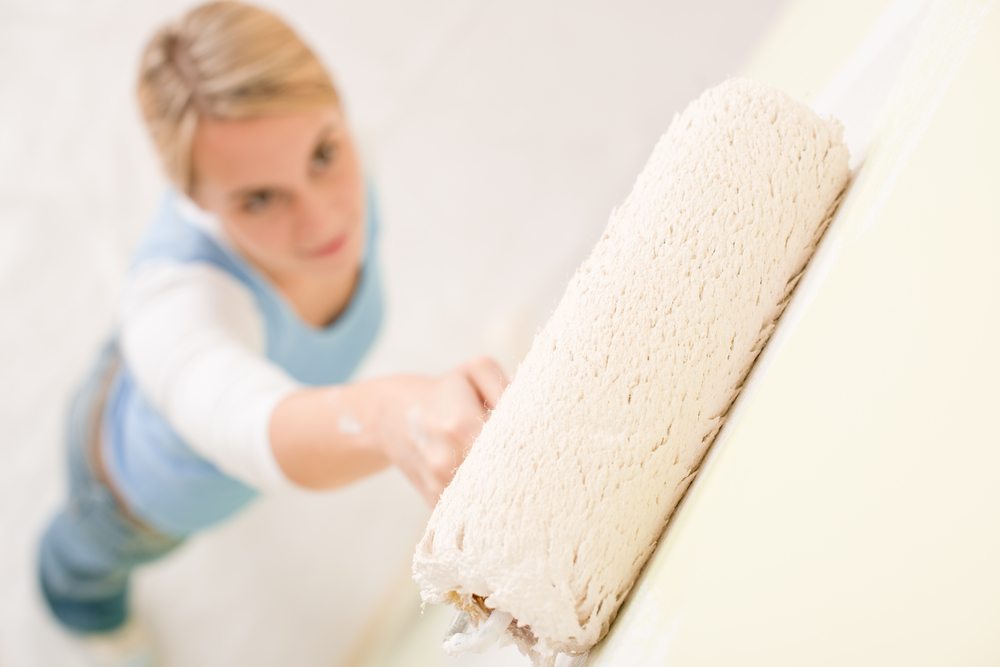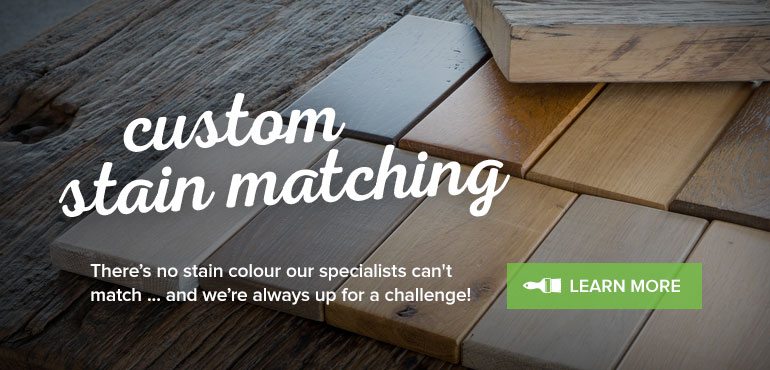Even if you enjoy doing your own home decorating, painting the walls, especially in a large area, it’s not a job that most people look forward to. Yes, we do it eagerly, but not because we enjoy the process, we’re just bursting at the seams to get it done and see what our new décor looks like.
So when painting pros tell you that you need a separate coat of primer, you’re not exactly overjoyed at the prospect. In fact, if you’re like many people, you just skip the primer part, especially if you’re painting over painted wall.
But using primer on every paint job is a smart idea and here’s why:
You’ll Use Less Top-Coat Paint – Unprepared surfaces, including wood and plaster, tend to absorb a lot of the paint you apply. If you use your more expensive top-coat paint on an unprepared surface, more of it will be lost to that absorption and filling in the minute gaps and unevenness in the surface. But when your first coat is done with lower cost primer, it does all that work so you use less of the good stuff.
You’ll Get Better Finish – If you’ve done your DIY homework, you know that painting a wall isn’t as simple as cracking open the can and slapping on a new coat. If the wall has any damage, like around where you hung pictures or from flaking plaster, it needs to be repaired. There also might be spots on the wall where an adhesive was applied, or something spilled, that might not be so noticeable now, but they could affect the look of your final coat.
Primer “levels the playing field” and gives your top coat a consistent surface so you don’t have to worry about inconsistent finishes and blotches.
It’ll Last Longer – People tend to skip the primer coat when the existing surface has already been painted and has a relatively consistent finish. But that could prove to be a costly mistake later on. While a fresh coat of paint usually looks great, its job is only just starting. Even in places that are considered “low traffic”, like your living room, your paint will still need to deal with temperature fluctuations, moisture and cleaning. For that paint job to continue to look as good as when it was first applied, it needs to be solidly bonded to the surface below to avoid flaking and bubbling.
It might seem counterintuitive, but taking the time and money to invest in and apply a primer coat every time you paint will save you time and money.





